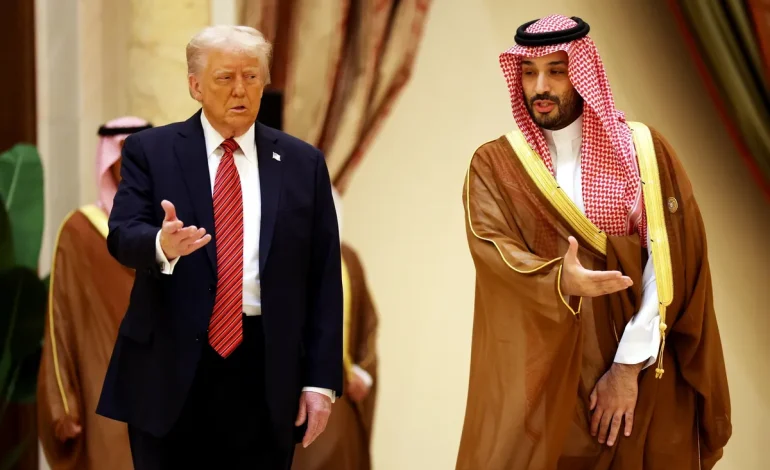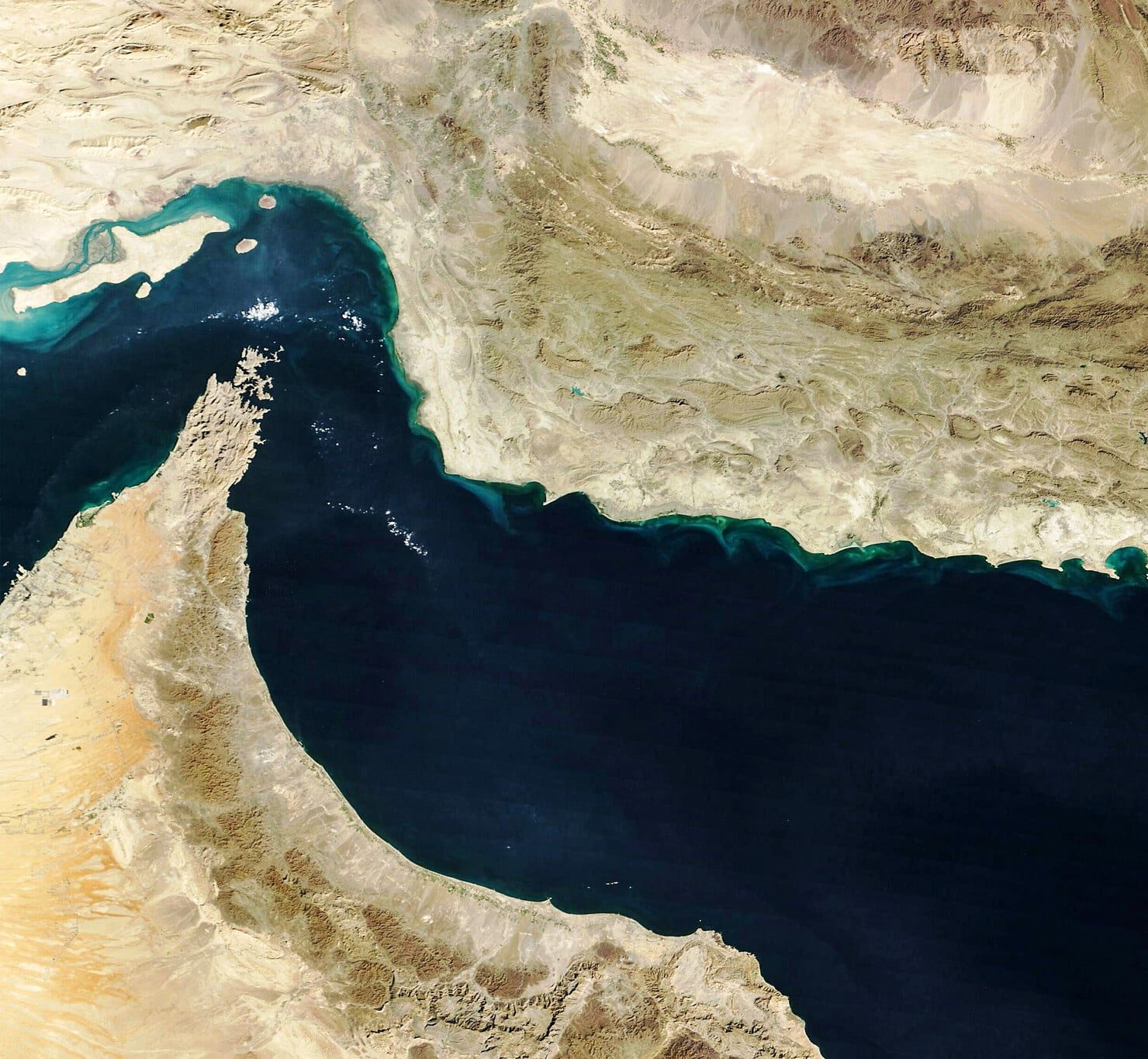Could Saudi Arabia’s ‘Data Embassy’ Concept Strengthen US AI Strategy Against China?

As global competition in artificial intelligence intensifies, particularly between the United States and China, innovative strategies for securing digital infrastructure and sensitive technology are emerging, Bloomberg reports.
One such proposal — the idea of a “data embassy” hosted in Saudi Arabia — is gaining traction as a potential tool to bolster US interests while addressing concerns over technology leakage.
The concept involves establishing data centers on foreign soil that remain under the legal jurisdiction of the United States. Through bilateral agreements, these “data embassies” would be protected from local interference, functioning similarly to traditional embassies under international law. While the 1961 Vienna Convention governs physical diplomatic missions, whether it would extend to digital embassies is still a legal gray area, unless the facility were physically part of an embassy compound.
Saudi Arabia is looking to formalize the idea as part of its broader ambition to become a global leader in AI. Last month, the kingdom’s Communication, Space and Technology Commission released a draft of the Global AI Hub Law, designed to create a legal framework for hosting sovereign data centers within its borders. The proposal offers various models for “peaceful purposes,” and includes clauses such as a 120-day withdrawal window should agreements between host and guest countries dissolve.
The US appears to be seriously exploring this possibility. Discussions between American and Saudi officials reportedly included data embassy arrangements, Bloomberg News reported, with the aim of preserving US control over where and how its AI technology is deployed — and, crucially, preventing it from falling into the hands of strategic rivals like China.
This approach follows President Joe Biden’s previous strategy of restricting semiconductor exports to China and tightening controls on AI technology sales to other nations, including Saudi Arabia. The now-rescinded “AI diffusion” rule aimed to curb indirect transfers of sensitive tech by placing limits on exports to countries with potential ties to China. However, the Trump administration rolled back the measure, drawing applause from major tech firms. Some executives criticized the Biden policy as overly restrictive, warning that such regulations could hinder US companies’ global competitiveness and risk ceding ground to Chinese AI development.
Companies like Nvidia, Microsoft, and Amazon declined to comment on their involvement in the Saudi consultation process or on their interest in operating within a data embassy structure. Still, legal and policy experts see potential in the model. Martin Hayward, a technology lawyer at Pinsent Masons, noted that meaningful US tech industry participation in the consultation process would be key to shaping a workable and secure framework.
The appeal of Saudi Arabia as a host stems from its ambitions to diversify its economy away from oil and become a central player in emerging technologies. By offering digital sovereignty within its borders, the kingdom is positioning itself as an attractive partner for nations looking to maintain control over critical data and AI infrastructure while still operating abroad.
While Estonia was the first country to formally create a data embassy — in Luxembourg, following a major cyberattack — Saudi Arabia aims to scale the concept for larger geopolitical applications. Monaco and Pacific Island nations have expressed interest in similar arrangements, highlighting a growing international appetite for digital sovereignty in a globalized tech landscape.
For the US, Saudi-based data embassies could offer a pathway to maintain influence in AI development overseas without relying on cumbersome export controls. As the race for AI dominance accelerates, the idea presents a way to extend American legal protections and standards beyond its borders — all while staying ahead of strategic competitors.









The latest news in your social feeds
Subscribe to our social media platforms to stay tuned